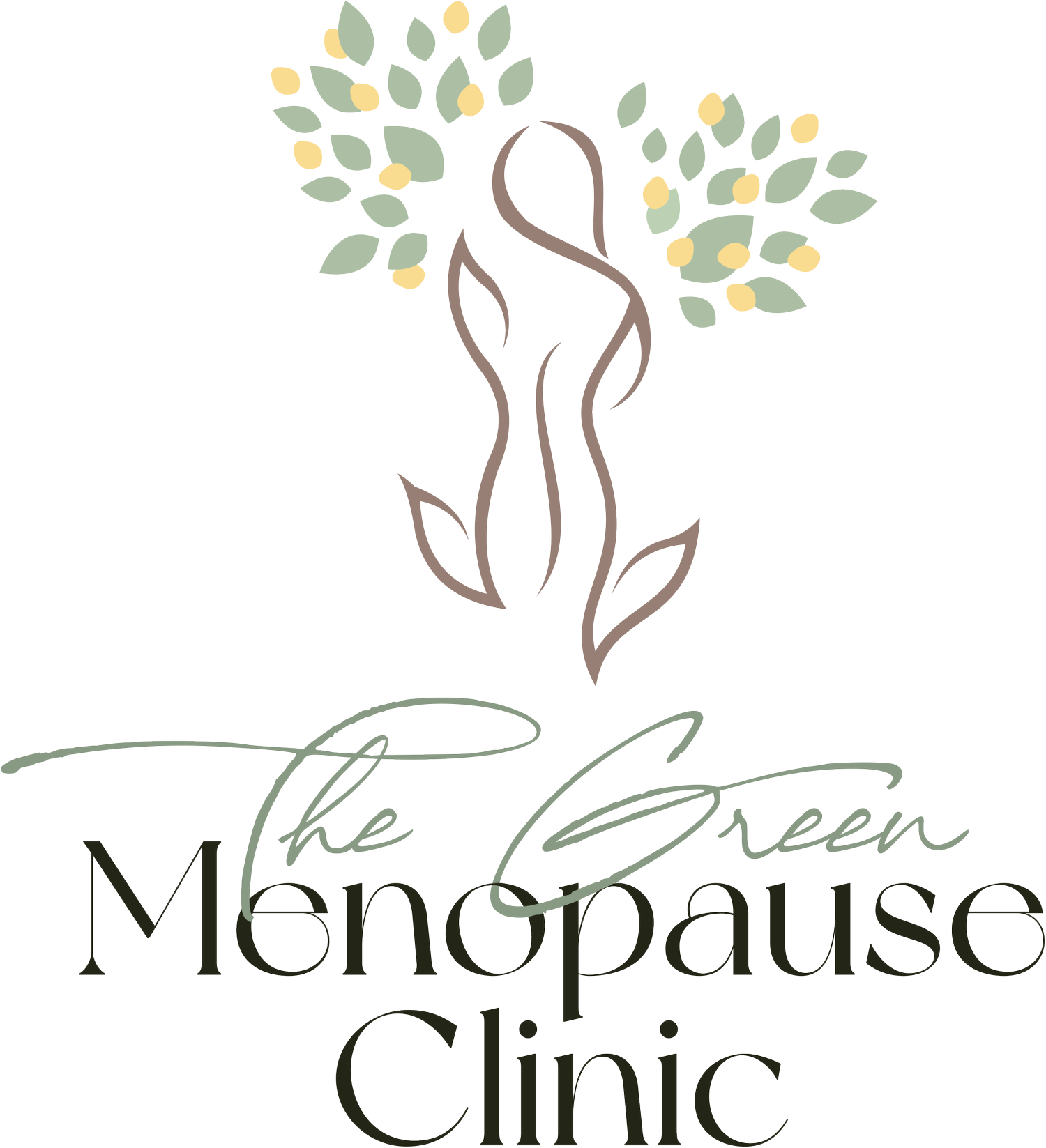Frequently asked questions
1. Do you prescribe body identical or bio identical HRT?
The Green Menopause Clinic will only prescribe body identical hormone replacement therapy, if required. This is regulated and licensed, and approved by NICE (National Institute for Clinical Excellence). Bio identical HRT is different. It is unregulated and lacks the rigorous testing that conventional, medically prescribed HRT has undergone. Therefore, its safety and efficacy cannot be guaranteed.
2. Do you prescribe testosterone?
Yes, where appropriate. NICE recommends that we may consider the use of testosterone supplementation for menopausal women with low sexual desire if HRT alone is not effective. In addition to this, we also often see that testosterone treatment can increase other symptoms of the menopause such as brain fog and tiredness. Testosterone treatment requires a blood test prior to starting, then three months afterwards, and then annually thereafter.
3. How long is a consultation?
This will vary according to patient needs, and the complexity of your story. However, an initial consultation will last up to 45 minutes and a follow up consultation up to 20.
4. How often will I require follow up?
Following your initial consultation, your first follow up will typically be after three months (six months for testosterone, which can take longer to show its effects), to ensure things are going well with your treatment and to see if any adaptations are required. Once you are feeling stable on your treatment, we can progress to annual follow up.
5. What if I require a sooner appointment?
It will be possible to bring your follow up appointment forward. We can also, alternatively, schedule a quick phone call to chat over anything that crops up before your formal follow up.
6. I have had breast cancer. Can I have HRT?
Many women suffering with menopausal symptoms may be declined treatment from their GP due to their medical history. This is particularly the case with breast cancer, and this is because guidelines advise us to avoid it. NICE guidelines state: ‘Do not offer HRT routinely to women with menopausal symptoms and a history of breast cancer. HRT may, in exceptional cases, be offered to women with severe menopausal symptoms and with whom the associated risks have been discussed.’ The research surrounding this issue is confusing and not yet definitive, and we will be able to talk about this in detail if required. Every case is individual and we will discuss your history in depth. Any decision to take HRT after breast cancer must be made in conjunction with your specialist, and Dr Green will liaise with the rest of your team where your permission is given.
